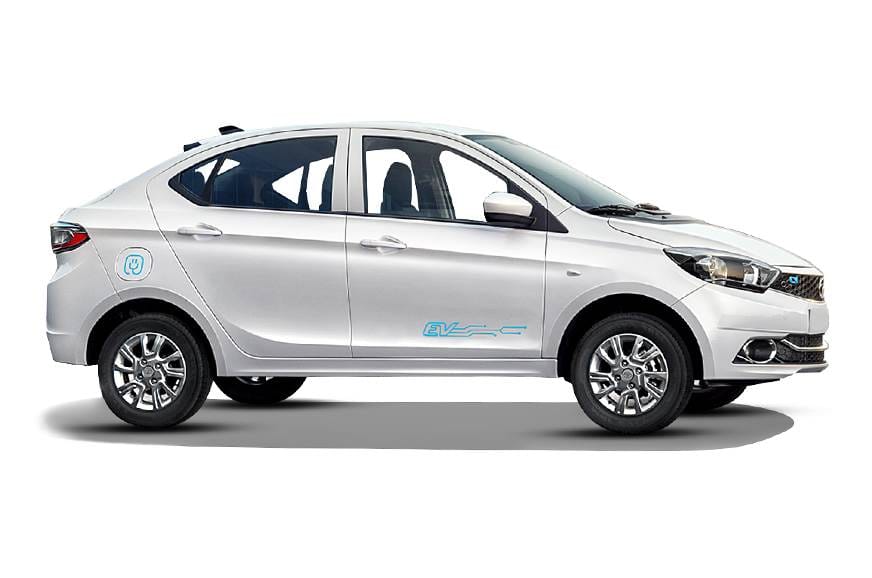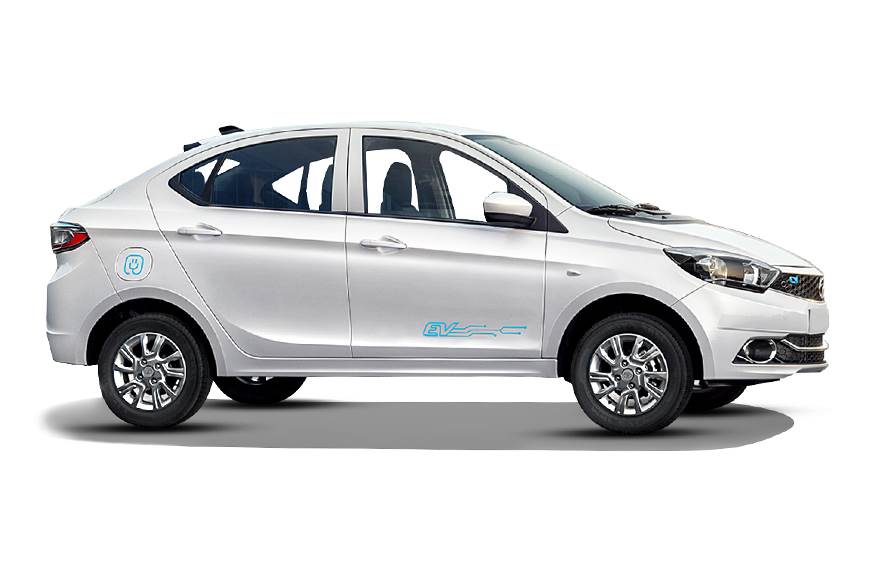The cheapest EV in India-Tata Tigor
if you are interested in buying a fully electric car for personal use, then your choices are quite limited and start from Tata Tigor EV, which is currently the most affordable e-car in India.


The demand for electric vehicles is growing compared to 2011 when the world was introduced to this form of transportation industry. Petrol and diesel will slowly loose momentum since the world is in need to cleaner environment.Therefore, if you are interested in buying a fully electric car for personal use, then your choices are quite limited and start from Tata Tigor EV, which is currently the most affordable e-car in India.
The desire for cleaner mobility is pushing people to opt for electric cars, which is why several carmakers like Tata, Mahindra, MG, Hyundai, etc. have already jumped on the bandwagon. Now, if you are interested in buying a fully electric car for personal use, then your choices are quite limited and start from Tata Tigor EV, which is currently the most affordable e-car in India and starts from ₹12.59 lakh (ex-showroom, India) and ₹13.19 lakh (ex-showroom, Delhi). These prices are for the Tigor EV's extended-range model that was made available for personal use in October 2019.
Tata Tigor EV costs more in Delhi than other parts of the country, this is because the Delhi government offers a subsidy of around ₹1.5 lakh on the Tigor EV, which effectively brings down its price lower than that in other states.
It comes with a double-din infotainment system with Harman sound system, a semi-digital instrument panel with an MID (multi-information display), height-adjustable driver seat, power windows, AC, shark-fin antenna.
The EV makes use of a 21.5 kWh battery pack that enables an extended ARAI certified driving range of 213 km on a single charge. The sedan has 40.2 bhp with 105 Nm of torque on tap and also features two different driving modes (Drive and Sport) that allow the driver to optimize performance and range. But the top-speed on the vehicle is limited to 80 km/h. And as for charging time, Tigor EV can be fully charged in around 11.5 hours using standard AC charging point but a 15 kW fast charger can juice up the battery from zero to 80 per cent in 2 hours.




